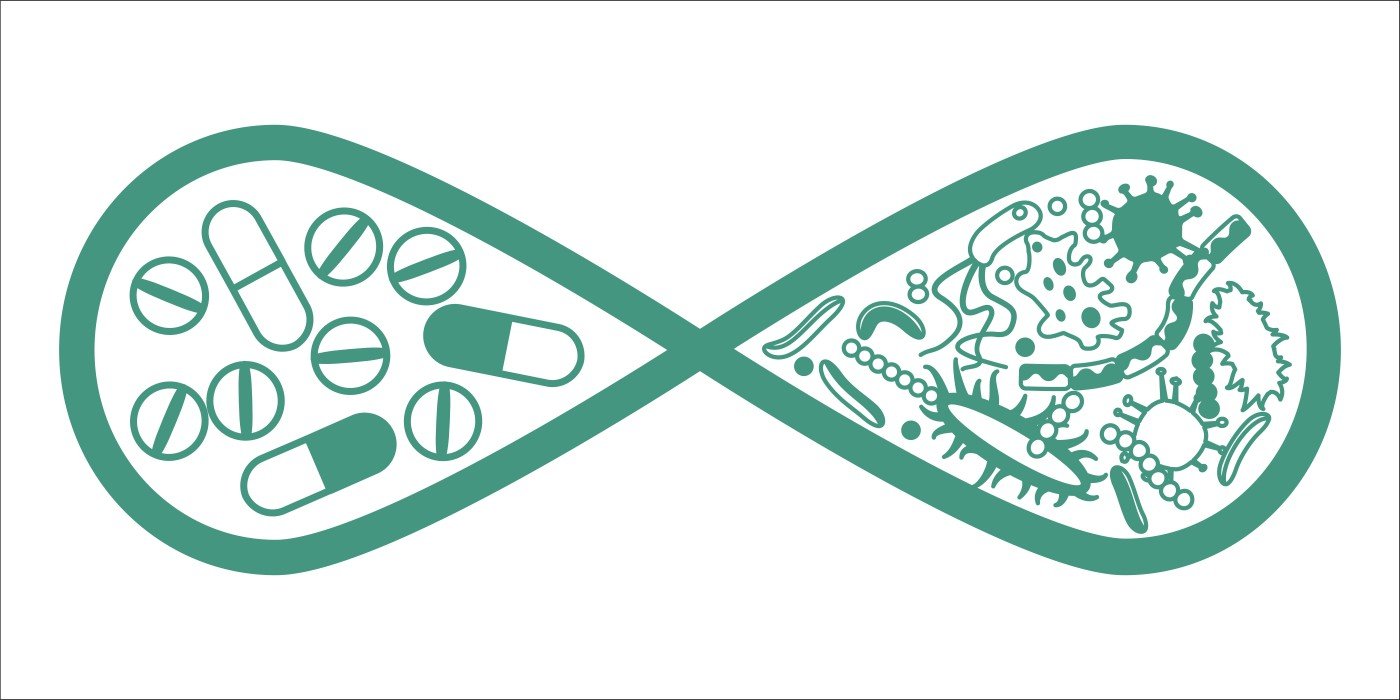TCS Inhibition May Be Way of Treating Drug-Resistant Bacterial Infections in CF
Written by |

A way of treating drug-resistant bacterial infections in people with cystic fibrosis (CF) that draws on preventing the bacteria from taking hold in the lung — through the use of histidine kinase inhibitors — was the focus of a recent review.
The study, by scientists at Wageningen University & Research, Netherlands, is titled “Rationale and Prospects of Targeting Bacterial Two-component Systems for Antibacterial Treatment of Cystic Fibrosis Patients,” and was published in the journal Current Drug Targets.
CF is characterized by the production and accumulation of thick mucus in the lungs, and patients are susceptible to acute and chronic bacterial respiratory infections. Although therapies exist, drug-resistant bacteria is a major concern and approaches with a low potential for resistance an unmet medical need.
Microorganisms that infect the respiratory system of CF patients vary according to the age of the host. In early childhood, respiratory infections are mostly due to Staphylococcus aureus and Haemophilus influenza. In older CF patients, it is more common to find Achromobacter xylosoxidans, Burkholderia cepacia complex, and Pseudomonas aeruginosa as the responsible infectious microorganisms.
Although many different bacterium and fungi can be held responsible for the respiratory infections if CF patients, P. aeruginosa is the most common and associated poor outcomes.
These infectious agents rely on a specific signaling system to adapt to the lung environment, known as the two-component systems (TCS). Composed of two proteins, a sensor histidine kinase (HK) and a response regulator (RR), this signaling and communication system can be found most microorganisms responsible for acute and chronic lung infections in CF patients.
Interestingly, the TCS system is absent in humans cells. Because of this, TCS is an attractive target for antibacterial treatments with low potential for toxicity in people.
The researchers suggest in a press release that using bacterial histidine kinase inhibitors to treat bacterial infections in CF patients is a potential way to control virulence, biofilm formation, and antibiotics resistance for the most common infectious microorganisms, including H. influenza, and P. aeruginosa.
They concluded their review by noting that, either alone or in combination with standard care, inhibiting TCS signals may prove to be treatment options against bacterial infections in CF patients.






